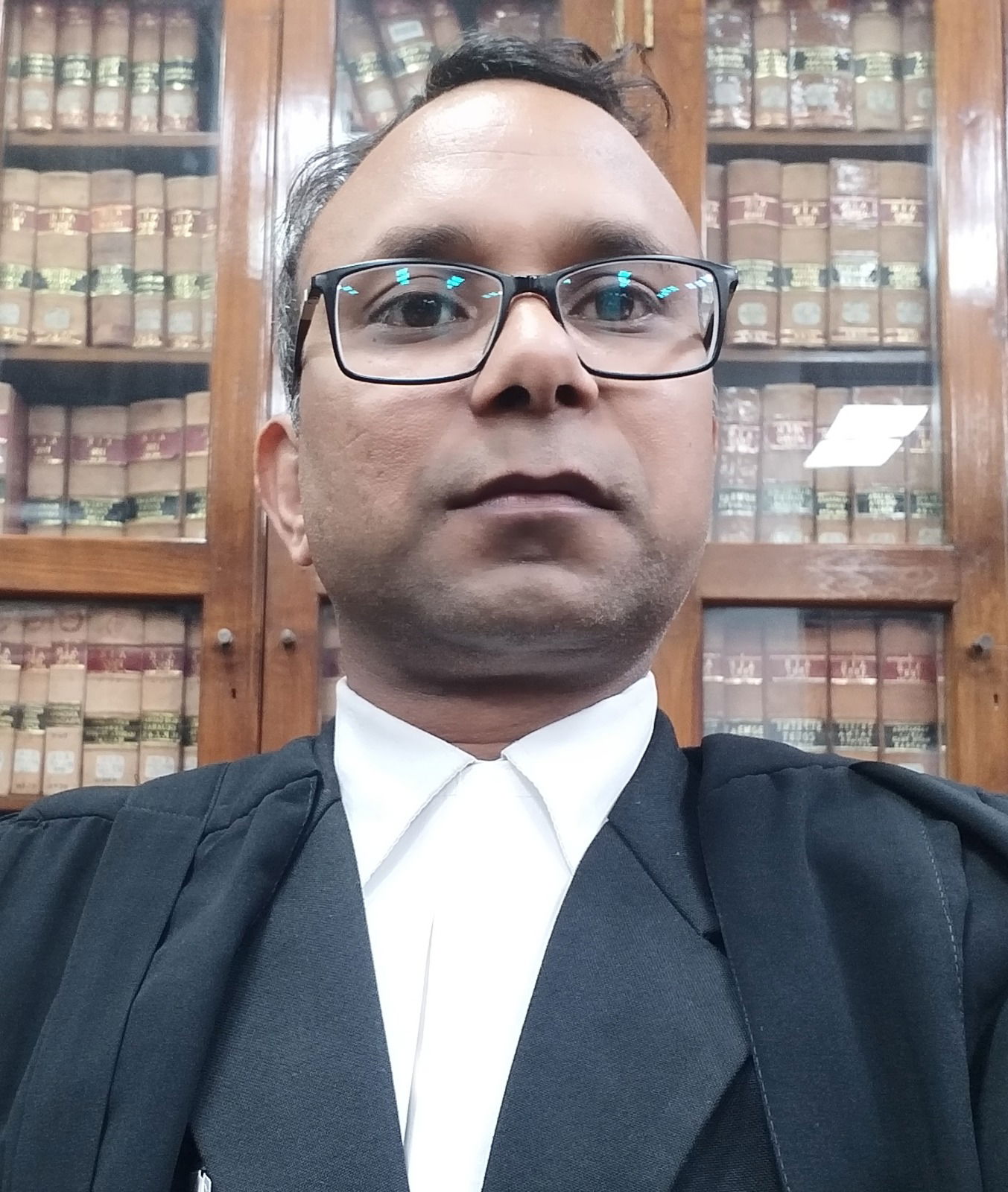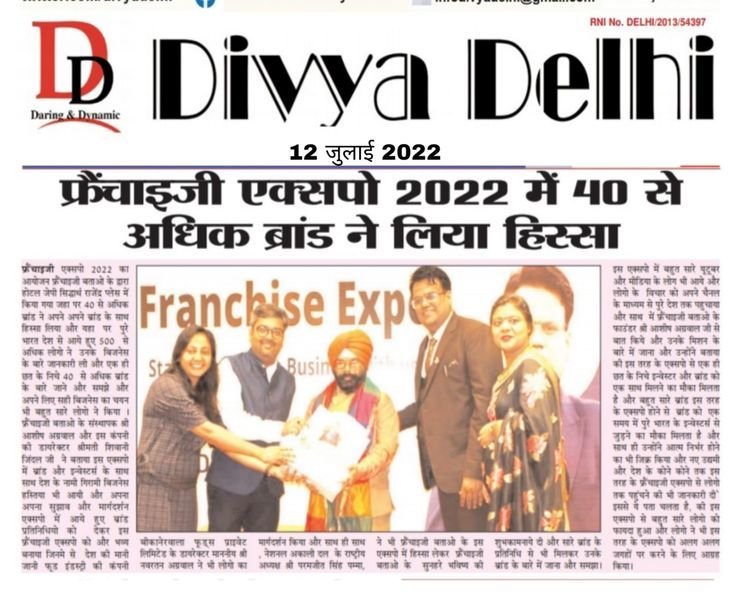
Divya Delhi : The Madhya Pradesh High Court ordered the urgent registration of a First Information Report (FIR) against state cabinet member Kunwar Vijay Shah under Bharatiya Nyaya Sanhita Sections 152, 196(1)(B), and 197(1)(C) in a landmark ruling. The directive follows the minister's insult to Colonel Sophia Qureshi, a decorated Indian Army officer, which threatened national unity and integrity.The division bench of Justice Atul Sreedharan and Justice Anuradha Shukla called the statement “gutter-level” and a “cancer” that damages military morale and national cohesiveness. The court forcefully ordered a FIR within four hours because such rhetoric is inappropriate from a constitutional official. Vijay Shah told a crowd, “We sent his sister and humiliated him.” Colonel Qureshi was key to 'Operation Sindoor,' a high-profile anti-terror operation. The insult harmed her honor and incited religious hostility. Political people have made provocative statements before. Hindutva leaders have regularly made provocative remarks that cause social strife and damage national unity. In 2019, an Uttar Pradesh BJP politician called Muslims “terrorists,” generating controversy. In 2020, a Union Minister questioned religious minority patriotism. Another BJP politician called minority group members “infiltrators” during a public event in 2024, sparking a social media uproar. Many of these leaders apologized, but the long-term social damage was generally forgotten.The Madhya Pradesh High Court's decision is significant. The judiciary has given a strong message that such utterances that undermine national unity or the dignity of the military services are intolerable by taking suo motu cognizance and demanding swift punishment. The court also guaranteed case monitoring, signaling zero tolerance for irresponsible political language. This choice may have far-reaching effects. First, it makes public officials more accountable for their rhetoric, requiring prudence. The Supreme Court also chastised Vijay Shah, asking, “You are a minister—what kind of language is this?” The judiciary's rising concern over reckless political rhetoric is evident. Second, the directive warns ministers and political leaders that religious provocative remarks can have serious legal implications. This case shows that the judicial noose can tighten quickly and decisively, unlike in the past when such utterances led to political crises or cursory apologies. It also implies that religious extremists will be punished.Will Political Rhetoric Change? Will this ruling change political discourse? Some Indian politicians still use religious divisiveness for vote-bank gains. Vijay Shah apologized, but his comment was enough to exacerbate social tensions. Legal action alone may not be enough; political parties must also enforce strict internal procedures and hold leaders accountable. To minimize damage, the BJP sent representatives to see Colonel Qureshi and called her the “daughter of the nation.” Is an apology enough? The Supreme Court agrees that party leadership must act quickly and decisively to avoid appearing to encourage such behavior.The Madhya Pradesh High Court's ruling is a profound social and moral message. The judiciary is committed to national unity and peace. It's a lesson for politicians whose rhetoric degrades the military or threatens national security. If such judgments are consistently enforced, politicians will have to restrict their words and behavior. Political parties and leaders must take responsibility and speak in a way that strengthens the nation.The courts did their job. Political institutions and civic society must now accelerate this momentum and bring about substantial change.
- Education(148)
- India(771)
- Entertainment(399)
- Sports(272)
- Business(226)
- Bollywood Hollywood(95)
- International(196)
- Life & Style(91)
- Opinion(139)
- Educational(5)
- Crime(7)
- Technical(6)
- World(18)


